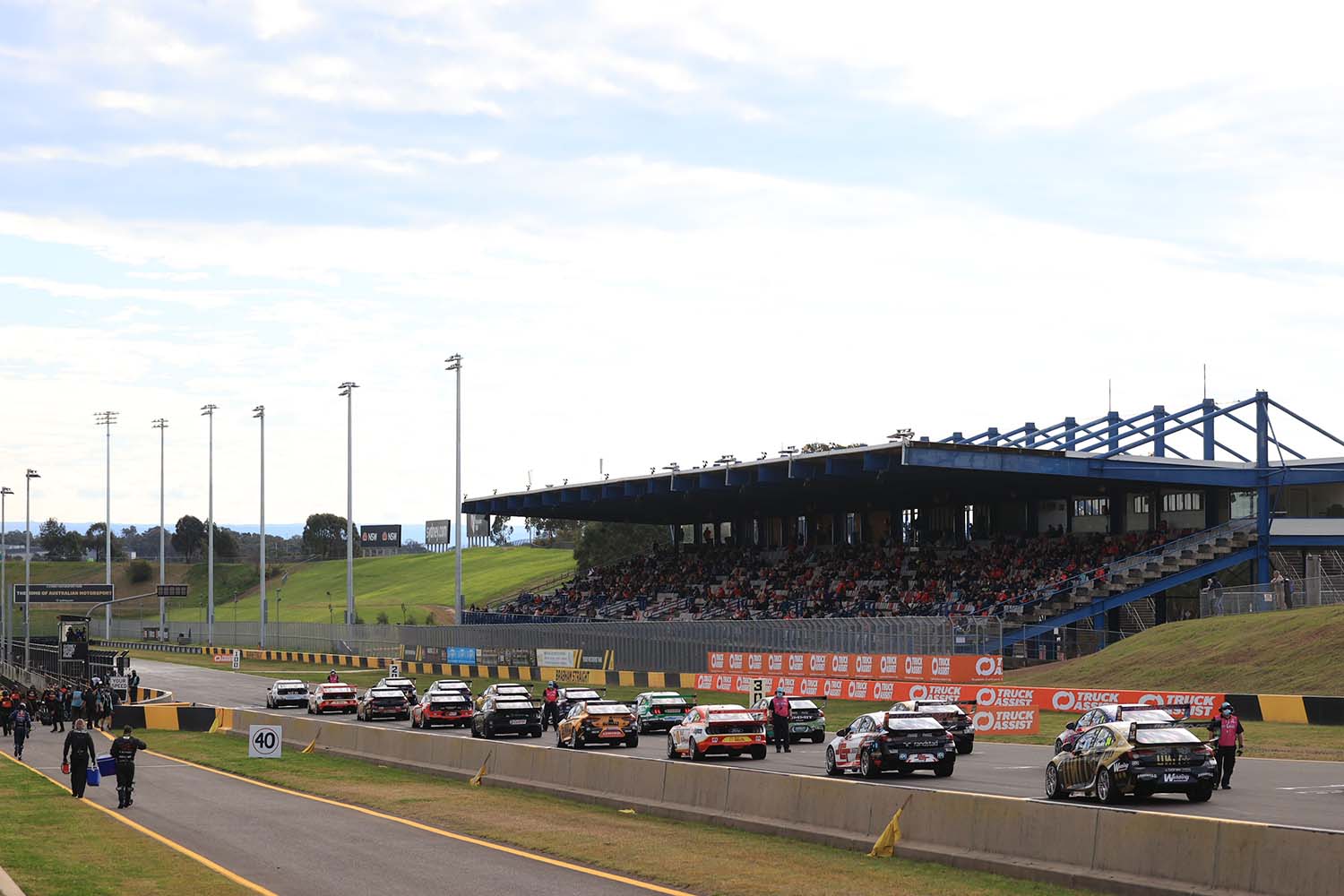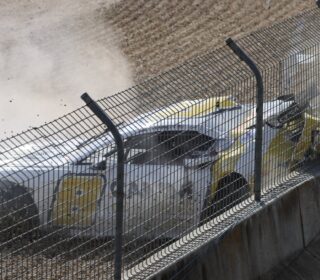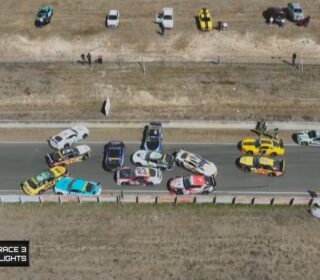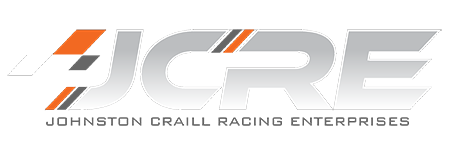COMMENT: THE REASONS FOR THE MAD SCRAMBLE

A FEW WEEKS AGO, Melbourne-based Supercars teams rushed to move their entire squads north of the New South Wales border in less than a day in a bid to avoid being trapped in Victoria thanks to their spike in Covid-19 infections.
WORDS: Richard Craill
Then, the championship again relocated everyone further north straight after the event at Sydney Motorsport Park; Queensland forming a new ‘hub’ for the championship’s teams following another outbreak in NSW.
Next, the Northern Territory Government designated the Brisbane area a Covid hotspot, which forced Triple Eight and several key drivers to vacate the area in a bid to keep this weekend’s Darwin event on track.
In fact, even as this story goes live we don’t yet know if Supercars teams will be able to cross into the Top End as the series and Government sort out some apparent issues that are slowing the process down.
The radio silence from the series hasn’t helped, but there’s no doubt there are furious discussions going on behind the scenes to try and make it work so the series can race and the Government can have their event safely.
The biggest question of all, perhaps, is: Why? Why go to so many desperate moves to keep racing?
Why uproot everyone from their homes, friends and families for the apparent sake of racing some cars? And then why do it again and again?
It’s a massive upheaval for the people involved and hugely expensive for the series and their teams: Think of how much it costs to book a night’s accommodation. Then times it by 14 people and however many nights you’re away.. It racks up quickly.
Costs aside, the human cost is immense because crew members and drivers alike all get separated from their loved ones for a period of time that absolutely no one has an idea of an end point.
And it’s not just Supercars; the AFL, NRL and A-League (basically all of Australia’s professional codes) have uprooted to ensure the show can go on.
And if you read social media, which I urge you to not do under any circumstances, there are plenty of comments saying ‘Just stop’, or ‘shut it down’.
The problem is, it’s not that easy.
The reason why there is an almost continual mad scramble to keep the wheels turning is pretty simple, really: Like everything, the bottom line is.. the bottom line.
Dollars and cents.
There’s a vicious circle of events that occurs if Supercars decided to shut up shop without completing something resembling a championship this year, one that would ripple through the industry and potentially causing irreparable damage.
For starters, if Supercars don’t race Fox Sports don’t get the TV product they’ve paid for and as such won’t pay their bill.
Many bitch and moan about Foxtel’s involement but the money they inject ($241m over six years) goes a long way to underwriting Supercars’ operations and team distributions: the TV rights income is the largest single financial contributor to the entire sport in Australia, without exception.
So without that income there’s an enormous revenue hole to fill both for the series and the teams involved, who receive some distribution from the championship as part of their stake in the sport.
What’s more, sponsors not getting on TV or missing their opportunity to activate their investments would also stop paying, so the income stream for teams would slow to a trickle.
We’ve already seen one consequence of the first shutdown: Milwaukee Tools pulling their backing from Will Davison’s 23Red racing squad ended their dreams with one round in the books.
Then the health of the teams involved would be seriously questioned; potentially forcing some of them out of business.
There’s government relationships to protect – in the case of this weekend, a long-term one with the Northern Territory Government. While some events will prove logistically impossible (Tasmania, for example), the support and income that comes from the governments is another critical component to the health of the series.
Then there are commercial deals to maintain and a raft of commitments that flow onward from that and if the music stops at the top, that sound of silence will ultimately spread throughout the industry.
The trickle-down would flow on to suppliers, support categories – who are already hurting – and more links in the support system chain, leaving a trail of destruction that would be hard to rebuild in shaky economic times.
Hence the scramble: Keeping the show on the road is the only way to ensure that the entire business can keep ticking over. And while it is easy to fall into the trap of believing sport only exists as a noble pursuit of competition and excellence, of course the reality is that sport’s first and foremost reason of survival is that it is a business.
At a professional level, one does not happen without the other.
That’s why all the major professional sporting codes in the nation (and around the world) have pushed the limits of what is possible to try and keep the show, quite literally, on the road and why we find ourselves in another tricky situation as the Darwin round hangs in the balance.
Think of it as an investment: they’re investing in these difficult and expensive decisions now to avoid a potentially even more difficult and expensive one down the road.
In the meantime, those who retain jobs as a result of the show ongoing should applaud those who have taken one for the team by uprooting their lives for an indeterminate amount of time to keep the Supercars wheels rolling.







